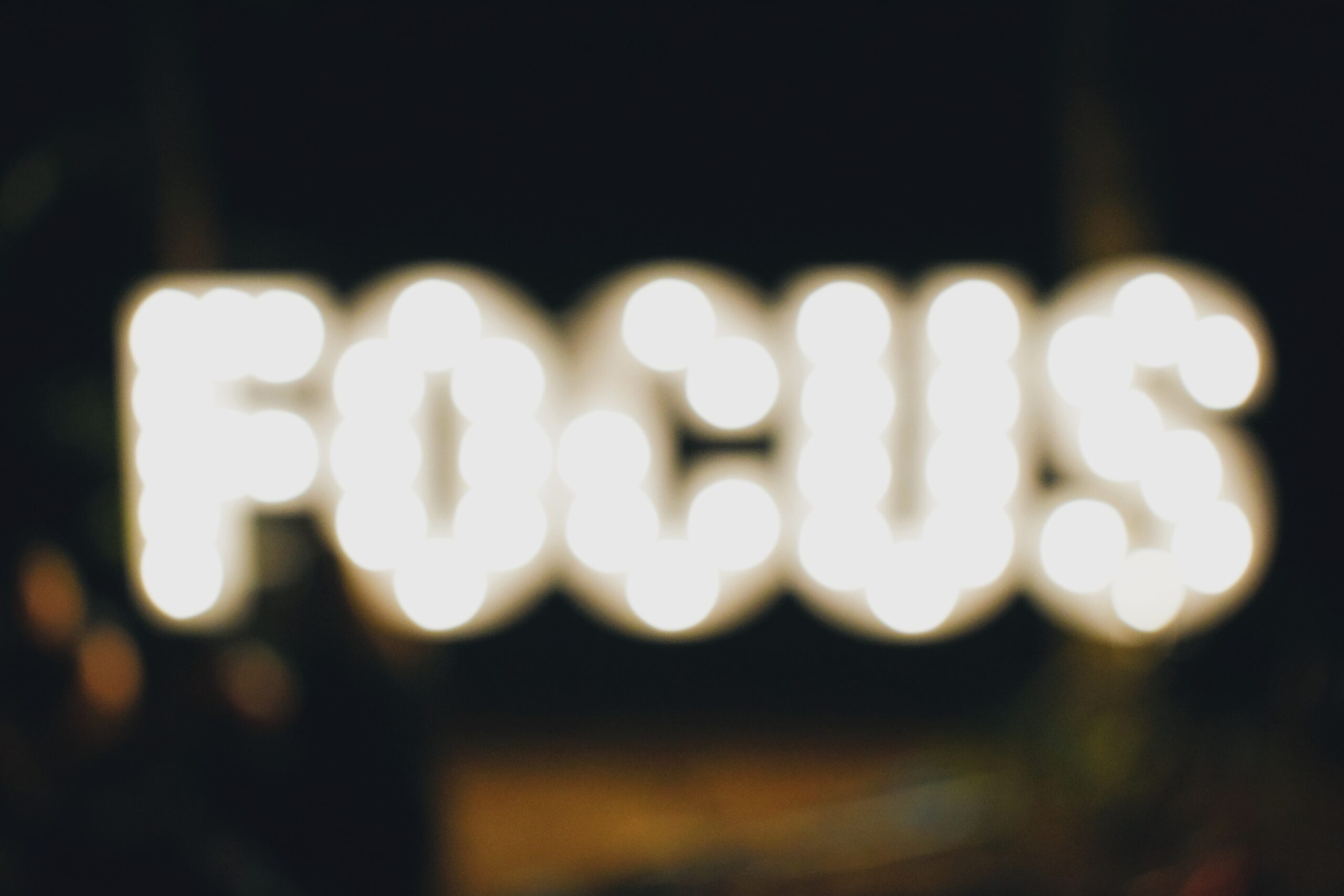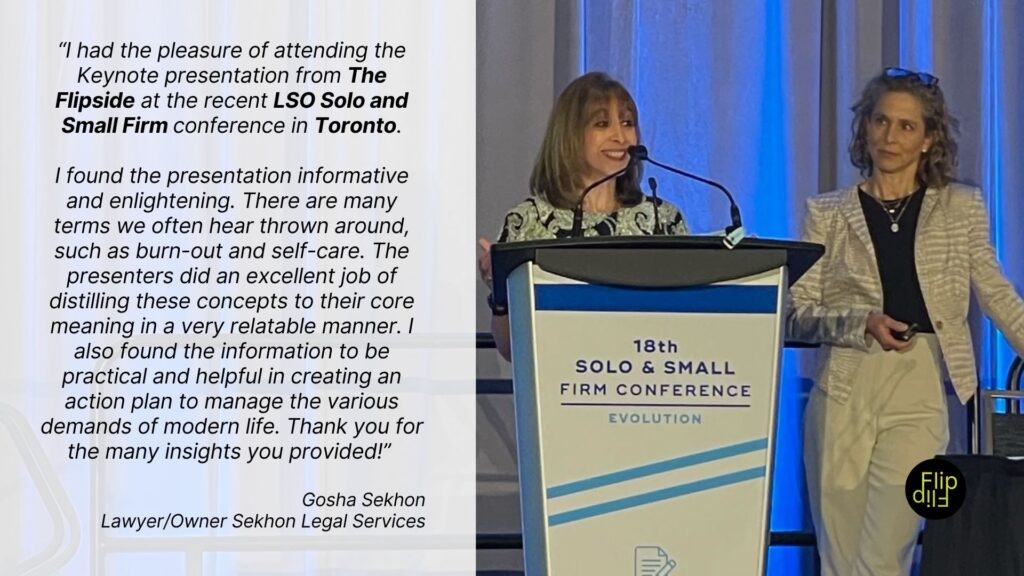Time
Is the phone really to blame for your distractions?

There is, I believe, a general consensus these days, that we humans are more distracted than ever and our ability to focus and concentrate seems to have been reduced to a few seconds here and there throughout the day. We find ourselves constantly doing two things at the same time or what is better known as “multitasking” (which by the way, our brain is not great at). Sometimes this multitasking is ok such as when you are driving and listening to music or exercising and listening to a podcast. However, there are other times when multitasking comes with a big price ticket: mistakes.
Our phones and electronics in general seem to be at the center of this attention-deficit and distracted society. But are they really to blame?
What is the real root of our distractions?
If you grew up in a time of no cellphones and tablets then you will be very familiar with this scenario: back in the days of university, we had to take courses that while required, were not our favorite. It was of course these courses that represented the biggest challenge when it came to finding time to study. Why? Because we either found them boring or not really interesting and, consequently, we would make any excuse to separate ourselves from the book: perhaps it was the time to call a friend (which required a short walk to the location of the phone in our houses), or perhaps it was the time to think about the plans for the weekend. The truth is, that we would search for the distraction because what we were about to do was not entirely comfortable.
Fast forward a number of years and the distractions are easier to get a hold of, but the scenario has not changed that much. University kids are still facing not-so-interesting courses at certain times but now our phones, computers, and Netflix, just to name a few, provide us (and them) with instant distractions, and most of the time, they don’t even require us to move one millimeter from where we are.
The easier access to these distractions, in my view, has turned the collective blame on the phones, but the reality is that the reasons why we get distracted remain the same, however, the distraction is now easier to access and harder to walk away from.
This specific topic is fantastically addressed by Nir Eyal in his book “Indistractable”, which I will highly recommend to anyone who is interested in this topic. But before Eyal, the Hungarian -American psychologist Mihaly Csikszentmihalyi, developed a theory called the theory of Flow. In his work, he suggests that when the challenge of or the interest in the activity you are embarking on is low (and I am oversimplifying his theory here), then we can fall into states of apathy, boredom, or relaxation, all of which are, in my view, a perfect recipe for us to search for the nearest available distraction.
So, what next?
Understanding that our phones are not entirely to blame for our lack of focus and concentration is a step in the right direction, because knowing why we get distracted in the first place, will make it easier for each of us to address the cause of the problem, rather than blaming our electronics for our distracted minds. It goes without saying that putting your phone out of reach when entering into a focus bout, will certainly help.
But what happens when the task at hand is simply not to our liking, but required anyway (and trust me…there are plenty of those, even if you are in your dream job!)?
The task may be unavoidable, but you can take steps to make it easier for you to get it done efficiently and with fewer distractions. Here are a some ideas that may help you, as they have helped me:
- Book time in your calendar early in the morning, if possible, to focus on the task. For many of us, the morning hours seem to be more productive but choose whatever works best for you.
- Ask someone to be your accountability person: let someone know what you are going to do and how long you think it will take you. Tasks that are less challenging or interesting may take longer than expected as a result of our procrastination or distractions. Make yourself accountable.
- Stay away from easy sources of distraction: your phone, TV (if working from home), and documents related to other matters that may catch your attention. Clean your space before entering into the task.
- Let people around you know that you need time to do some work and that you would appreciate not being interrupted (interruptions are high on the list of distractions). I like to say that we don’t live or work with wizards, nonetheless, we expect them to know that we don’t want to be interrupted just by seeing us work…well…unfortunately, it is not that simple. Communication is key!
While 750 words in this article won’t be able to make you indistractable, I hope that by understanding where the root of your distractions is, you will be able to work on avoiding them when you really need to.
Stay focused and healthy!
MV





